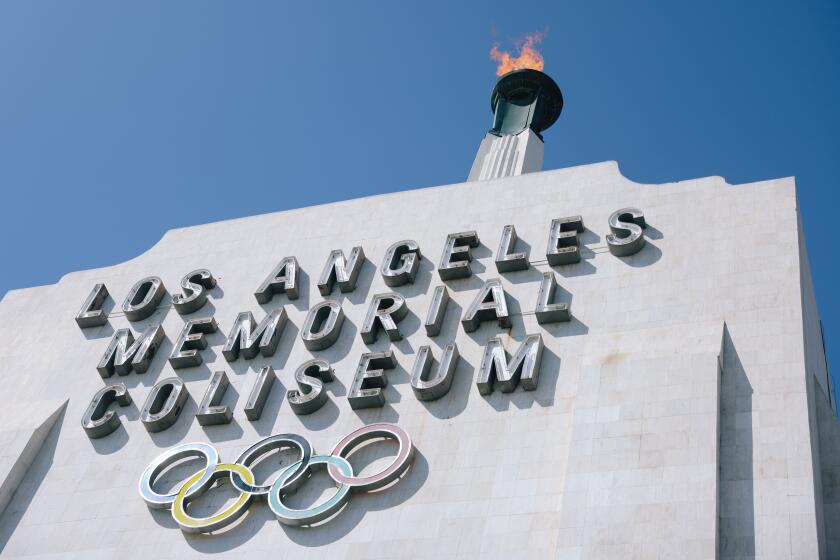Letters: History lessons from the silver screen
- Share via
Re “Better history through storytelling,” Opinion, Feb. 3
Nicholas Meyer thinks that “no one learns history (or civics, remember them?) anymore.” He blames the “dismantled” school system and says movies that are based on history but alter facts are picking up the slack.
The same complaint appeared in the New York Times — on April 4, 1943, in an article with the title, “Ignorance of U.S. History Shown by College Freshmen.” It reported that only 25% of the students knew that Abraham Lincoln was the president during the Civil War and that only 15% knew where Portland, Ore., was.
In 1930, Thomas Briggs of Columbia Teachers College reported that high school students had no idea who Solon was and were unable to define the Monroe Doctrine. They were also deficient, according to Briggs, in math and writing.
Complaints about school quality go back at least to the 1830s, and even then, as now, critics called for a “return” to higher standards.
Stephen Krashen
Los Angeles
The writer is a professor emeritus of education at USC.
Meyer’s fascinating piece overlooks some important aspects behind historical accounts in both the printed and the cinematographic forms.
A story that is too close to reality is often too boring to narrate. Life as it happens is rarely a subject of good entertainment. The use of hyperbolic truths to maintain audience interest is a necessary strategy to ensure not only a viewer’s satisfaction but also commercial success.
We all know that a story with a happy ending sells well, but life doesn’t offer a great supply of those. An artist, therefore, might have to resort to poetically justified alterations.
Since a historical account is not immune to challenge, it is not uncommon for debates on previously accepted truths to resurface, resulting in new interpretations and even the uncovering of hidden layers of history.
Berta Graciano-Buchman
Beverly Hills
Meyer’s article seems to make but then miss his point.
The publishing industry clearly distinguishes its writings between “history” and “historical fiction.” Moviemakers do not.
Is Oliver Stone’s 1991 movie “JFK” better history?
Doug Wiita
Playa Del Rey
ALSO:
Letters: Echo Park’s gang injunction
Letters: Health effects of contraceptives
Letters: Obamacare’s Medicaid expasion is no victory
More to Read
A cure for the common opinion
Get thought-provoking perspectives with our weekly newsletter.
You may occasionally receive promotional content from the Los Angeles Times.










